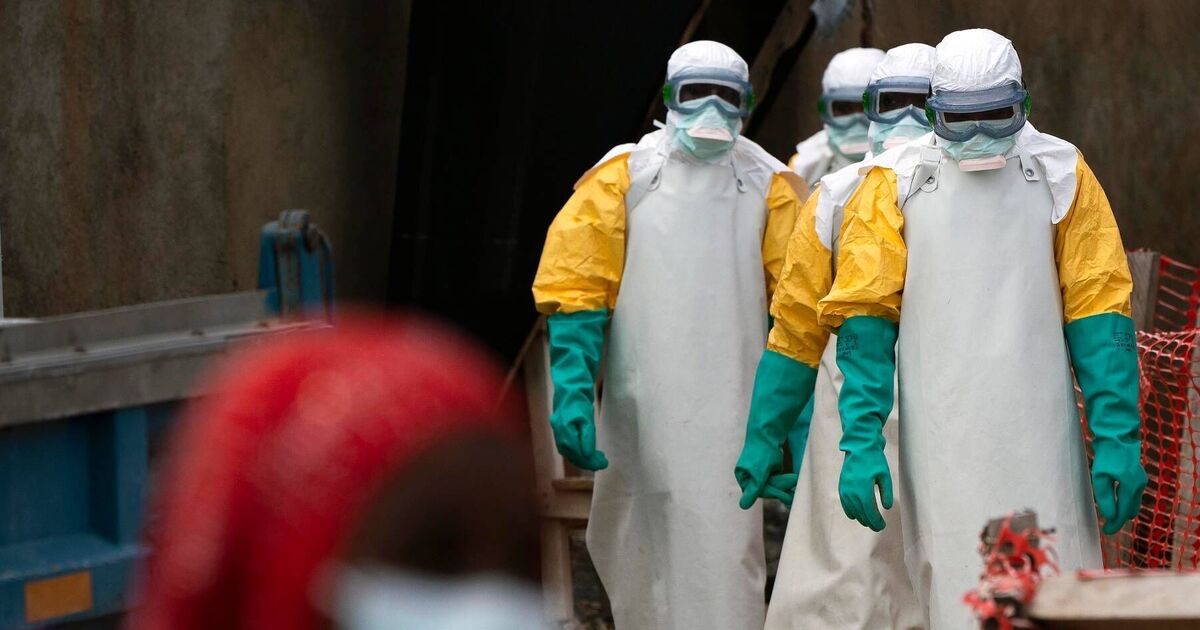

An Ebola outbreak has been declared in the Democratic Republic of the Congo, with 15 fatalities - including four health workers - and dozens more feared infected. Health officials have confirmed 28 suspected cases as of 4 September.
The alarm was sounded in the Bulape and Mweka health zones, where victims exhibited classic symptoms of fever, vomiting, diarrhoea and haemorrhage. On 3 September, tests at the National Institute of Biomedical Research in Kinshasa identified Ebola Zaire as the culprit.
A national Rapid Response Team is now on the ground, bolstered by World Health Organization (WHO) experts in epidemiology, lab work, case management and infection prevention. Their mission is to establish disease surveillance, enhance safety in health facilities and provide urgent treatment. The news comes after pandemic fears erupted as China's agonising virus hit horrifying milestone.
WHO has dispatched two tonnes of vital supplies, including personal protective equipment, mobile lab equipment and medical kits. However, the area remains challenging to access, with aid workers facing a gruelling day-long drive from Tshikapa, the provincial capital, with few flights available.
"We're acting with determination to rapidly halt the spread of the virus and protect communities," said Dr Mohamed Janabi, WHO Regional Director for Africa. "Banking on the country's long-standing expertise in controlling viral disease outbreaks, we're working closely with the health authorities to quickly scale up key response measures to end the outbreak as soon as possible.", reports the Mirror.
Ebola, a rare and severe infection typically found in certain African regions, can be contracted through contact with the body fluids of an infected person or wild animal, warns the NHS. Symptoms, which can manifest anywhere from two to 21 days post-infection, often mimic those of the flu, including high temperature, extreme fatigue, and headaches.
The virus can also cause a range of other distressing symptoms such as vomiting, diarrhoea, stomach pain, skin rashes, and jaundice.
Those infected may also experience bloody stools, widespread bruising, and bleeding from the ears, eyes, nose, or mouth.
The Democratic Republic of the Congo successfully contained its last Ebola outbreak, which occurred in the north-western Equateur province in April 2022, within three months due to the vigorous efforts of health authorities. Since the disease's initial identification in 1976, Congo has experienced 15 outbreaks in total.